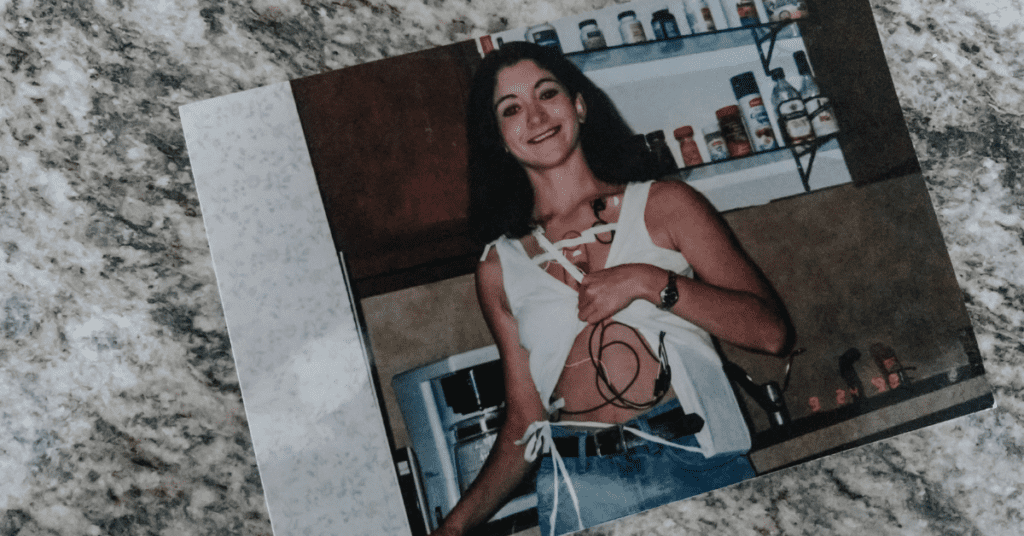
Anorexia Story
The picture above is of me at seventeen. I wore a heart monitor taped to my chest for several days to collect data for my doctor. And it breaks my heart to see that I was smiling for the picture like nothing was wrong.
I’d been experiencing severe dizzy spells where I would see stars, my heart would race erratically, and I would be completely unable to remain standing up and would kind of slowly slump down to the floor.
The results came back that I had a possible heart murmur, but it really didn’t explain my symptoms. The doctor was confused and my family was even more confused.
And that’s when I finally came clean to them that I was the one causing my own health problems.
The first memory I have of my journey with anorexia was when I developed a crush on a boy in my junior year in high school. A family member suggested that I start working out more because he might not like me back with such big thighs.
It was such a simple statement, but I was completely taken aback and it changed my life forever.
I remember going into my room and looking in the mirror. I’d never even thought about my thighs being big before, but soon after the comment, that’s all I that I could think about.
The more I thought about it, the more I would look in the mirror. And the more I looked in the mirror, the more I noticed other things that I didn’t like about myself like my hips widening out or my belly not being completely flat.
I’d always been really shy so I didn’t get a lot of attention from the boys at school. And with that one statement, I suddenly had a reason in the back of my mind for why I wasn’t getting the attention that I so badly wanted.
I watched all of my friends going on dates and getting their first boyfriends, and I felt completely left out. So naturally, I wondered what was wrong with me.
I was already on several community sports teams playing soccer, basketball, and softball throughout the year. And I was a lifeguard in the summer. So I was actively getting exercise regularly and staying fit.
But somewhere along the way, I realized that if I ate just a little bit less, I would start to look better. And I wasn’t skipping meals or anything at that point. I was just skipping snacks and giving up sugar which people around me thought was a healthy choice that I was making.
And then my whole world changed.
The abuse I’d been suffering at home since childhood finally came to light and another family member got custody of me seemingly overnight. I moved across the country, and I had to start all over again in a new school my senior year.
Everything I had known my whole life was falling apart.
Don’t get me wrong, I was relieved to be out of there. I couldn’t have been happier about being in a safe, secure home for the first time in my life.
But I’d been in survival mode since early childhood, so once the move happened, I was finally able to start feeling all of those emotions I’d been bottling up for years.
And it was right around that time that a close friend told me about how she stayed thin by taking over-the-counter diet pills. You had to be eighteen to purchase them at the grocery store, but she assured me that no one ever checked.
It was the perfect storm.
I was in a new state, in a new town, and in a new school where I barely knew anyone. I was lonely, I felt unattractive, and I was naturally shy so it was especially hard to make new friends and talk to boys when everyone else had known each other for years.
It sounds strange, but it was hard to get used to having food in the house and not being screamed at, called names, or being hit. I’d been on high alert for so many years that this sudden peace terrified me. I was always wondering what bad thing would happen next because I was so used to bad things happening all of the time.
I was still really unhappy.
And since I couldn’t control my heartbreak, my fear, and my anger over what had happened to me as a child, I started to look for anything that I could control.
And the one thing that I could control was what went into my body. Or didn’t.
Within six months, I was eating virtually nothing and taking diet pills daily to control my appetite. I was a busy teenager so no one at home noticed. And I worked at a restaurant so it was easy to say that I had already eaten at work.
I was keeping secrets on top of secrets on top of secrets to cover up my hunger and emotional pain.
And I was in the full throes of anorexia nervosa.
What is Anorexia Nervosa
So what exactly is anorexia nervosa?
Anorexia nervosa is the clinical term for an eating disorder in which people restrict the amount of food that they eat in order to control their weight and body shape.
In essence, a person with anorexia is slowly starving themselves by not taking in enough calories to sustain a normal weight.
Unlike bulimia, where people purge themselves after binge eating, people with anorexia purposely limit their intake of food regularly resulting in a severe lack of proper nutrition.
Shockingly, 1 out of every 200 American women suffers from anorexia. And eating disorders also affect men with an estimated 10-15% of males getting an eating disorder at some point in their lives.
If left untreated, people can and do die from anorexia nervosa. An estimated 5-10% of people die within ten years of developing anorexia and up to 20% after twenty years. And approximately 10,200 people die each year from eating disorders including anorexia.

What Causes Anorexia
There are many reasons that cause people to become anorexic, but they are all a result of complex biological, psychological, and environmental issues.
People with anorexia may have developed it because:
- They equate thinness with self-worth
- They are genetically predisposed
- They have obsessive-compulsive personality traits like perfectionism and sensitivity
- They have had a traumatic event
- They have had unusual stress or pain for an extended time
- They are at the onset of a mood disorder
- They are in a controlling environment
- They have experienced a lack of validation for their feelings
- They have felt extreme peer-pressure to be thin
And it can always be a combination of reasons like it was with me. In my opinion, the best way to ensure that someone you love does not become at high risk for developing anorexia is to make sure that they are in a safe, loving home, and that weight is never a measure of how much worth a person has.
A simple joke about the way someone looks can have life-changing consequences for anyone listening. And encouraging someone else to lose weight by critiquing his or her body is never okay.
Doing so may be the catalyst for someone you love to develop anorexia or another equally dangerous eating disorder.
Warning Signs of Anorexia
According to the National Eating Disorders Association, some of the warning signs of anorexia include:
- Dramatic weight loss
- Dressing in layers
- Being preoccupied with weight, calories, and dieting
- Making comments about being fat
- Making excuses to avoid eating
- Maintaining excessive exercise routines
- Dizzyness
- Fainting
- Dry skin
- Muscle weakness
And from personal experience, I would like to add:
- Changes in behavior
- Looking in mirror frequently
- Obsessing over photos of celebrities
- Comparing themselves to others
- Complaining that none of their clothes fit properly
- Being tired or having low energy frequently
Anyone at any age can develop anorexia, so it’s really important to check in with those you love and pay close attention to what’s happening with them.
If you suspect something is off, don’t just brush the thought aside or give up after asking them one time. It will take a lot of time and trust for someone who is battling anorexia to trust you with their secret and ask for help if they ever do.
How to Recover From Anorexia
There is no perfect answer for how to recover from anorexia. Everyone’s recovery will be a unique experience and will look different from another person’s recovery.
But here are a few things that most people recovering from anorexia will have in common:
- It will take a long time
- Professional help is really important to the process
- He or she will need to learn healthy eating habits
- Self-care activities like meditation, journaling, and daily affirmations can help a lot
I cannot stress enough how important professional help is during recovery. There are so many biological, psychological, and environmental aspects that need to be looked at by both a medical doctor and a therapist in order to get the help a person with anorexia truly needs.
And it will take time. Like a lot of time to move forward and let go of their past behaviors.
Even when I finally realized that I was damaging my own body, and I was not in a healthy physical or mental state, it still took me years to stop thinking I wasn’t good enough.
And I can only imagine how hard it will be for future generations growing up. Where I had magazine photos of skinny models taped to my bedroom walls, today’s kids have a constant barrage of perfectly filtered people to look at all over social media.
The pressure to be thin, tall, and have perfect skin is everywhere.
So it’s more important than ever that we judge people (and ourselves) based on the content of their character and not solely on looks.
Remember that every time you say a celebrity is too curvy, your friends are listening.
And every time you say you look fat in something, your children are listening.
So be someone who lifts others up and makes them feel good about themselves. And lift yourself up too.
There is no one way to look good. We all look good already.
Love What You’re Seeing So Far?
- Enjoy community support
- Never miss a life-changing post again
- Get immediate access to the free resources library
- Be the first to know about giveaways
What can you do to look out for people you love who are struggling with eating disorders? Share your thoughts in the comments section below.
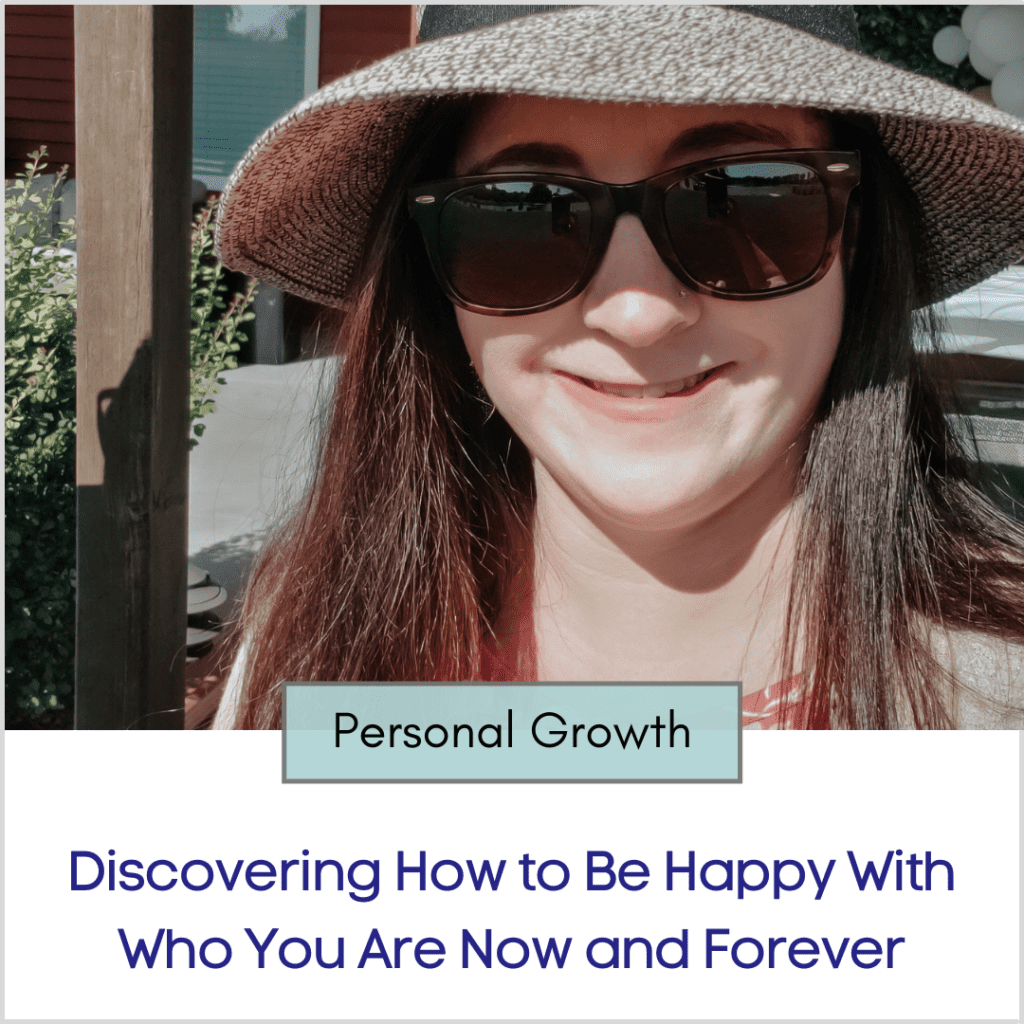
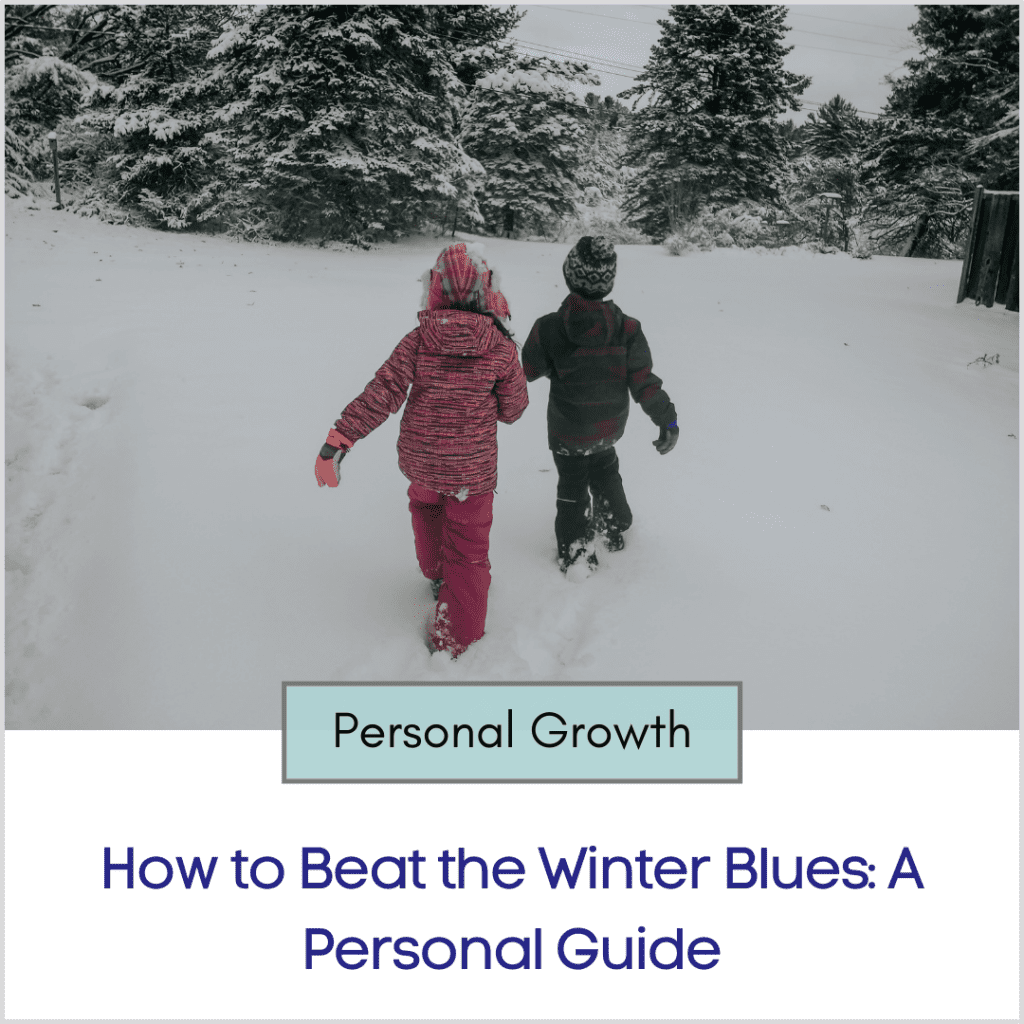
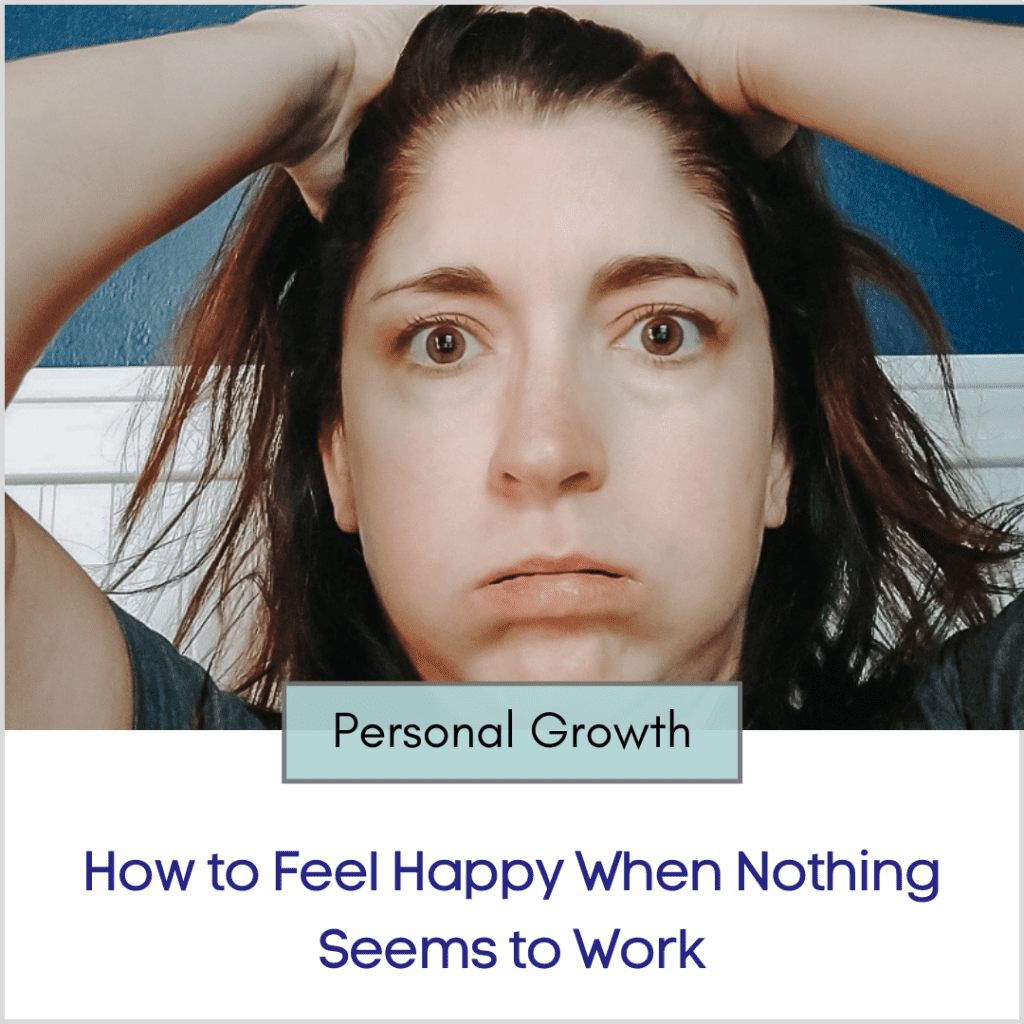
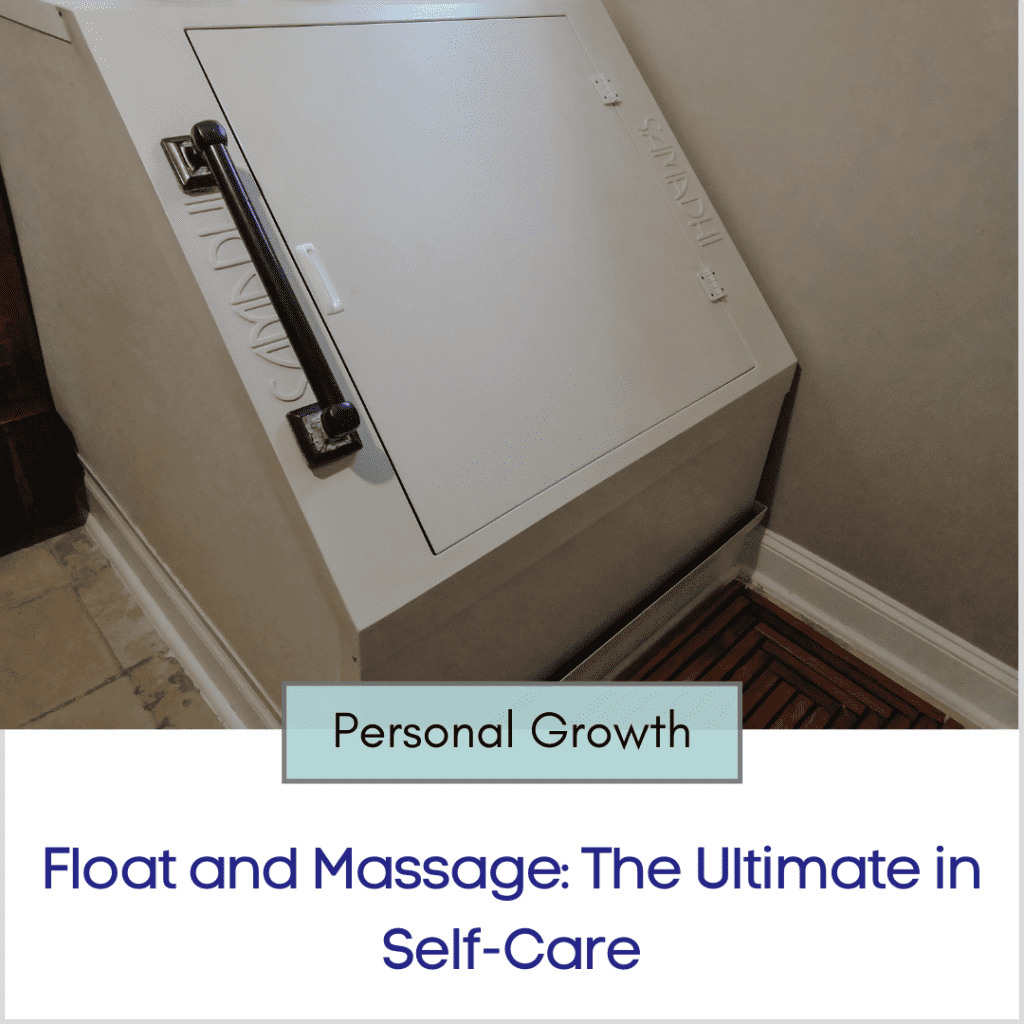
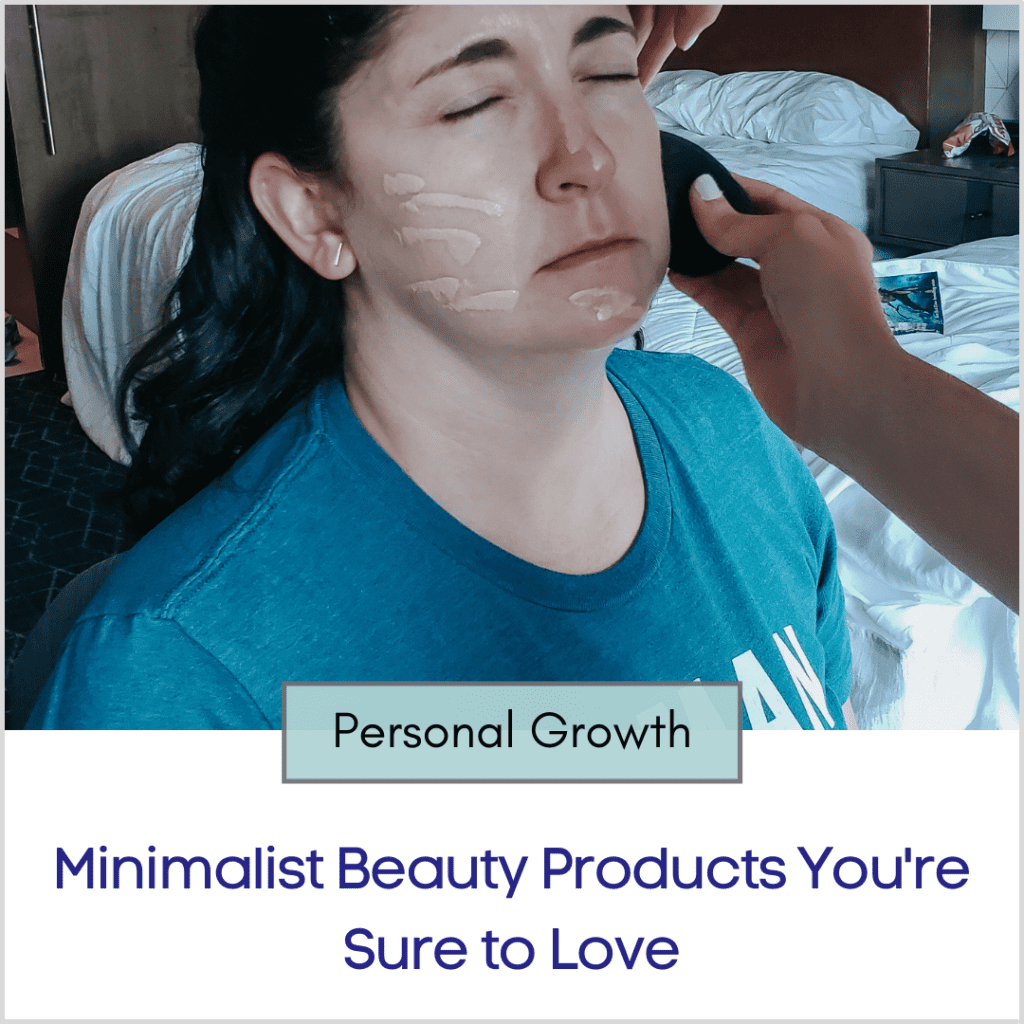
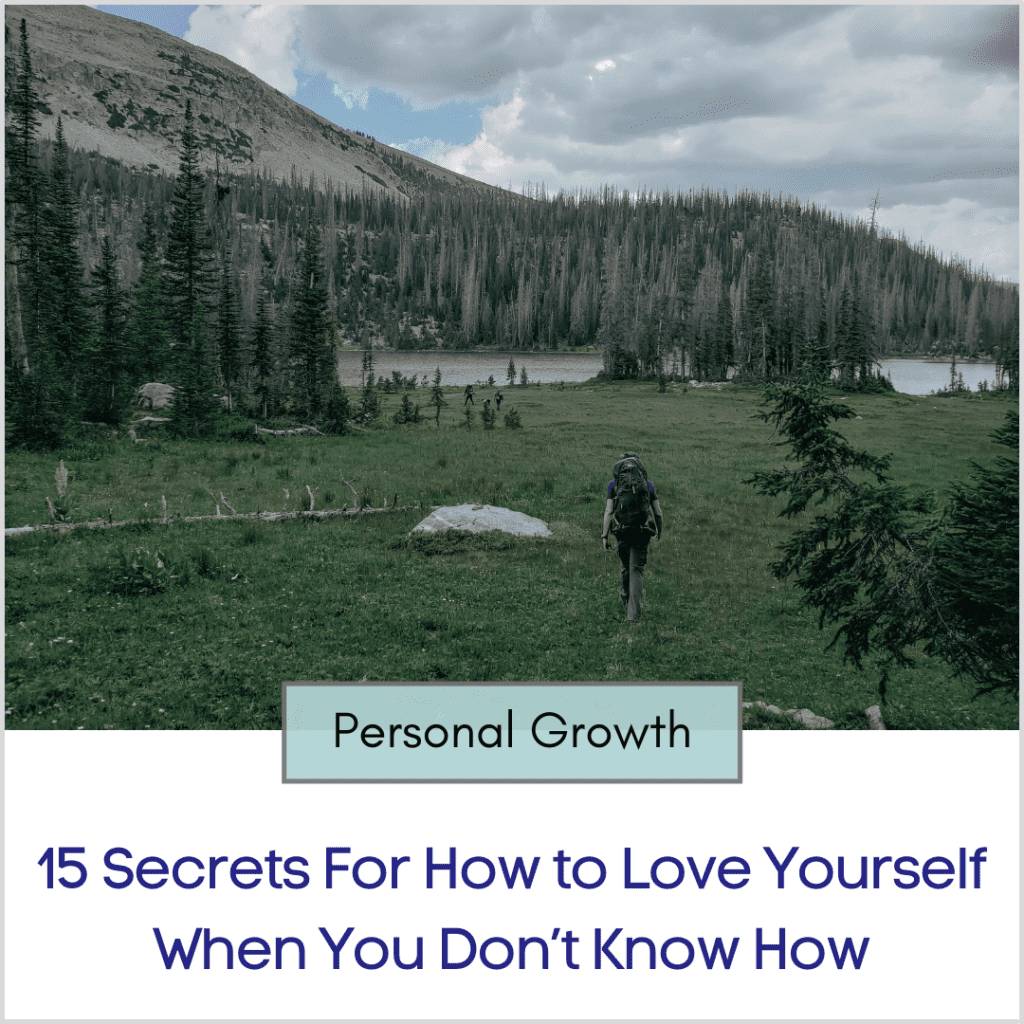

Thank you for sharing your story. This is a really important topic, and I hope that people will be able to find some comfort and strength when they know that they are not alone. Seeing someone’s success journey can often be inspiring. I loved all of this, but particularly your last line: There is no one way to look good. We all look good already – so very true!
That is my hope too. It affects so many people but can feel so isolating. And thank you. I love the last line too.
This is such a personal story that I applaud you for sharing it. There is nothing more inspiring to any person who needs help than to see that they are not alone in their journey to recovery. Seeing that someone else has recovered and is now happy is a wonderful motivator. 🙂
I think so too. That’s why I’m not afraid to share my own experiences.
I’m really sorry you had to go through this. Thank you for being so strong and thriving back!
I really appreciate your kind words.
” There is no one way to look good. We all look good already.”
YES! I totally agree, Thank you for sharing your story and providing valuable info about this topic. This really helps increase awareness of the dangers of anorexia.
I’m so glad you agree. It’s sad that we all wish we looked like someone else at some point in our lives. Thank you so much for reading and commenting.
It’s good to hear your thriving after dealing with an eating disorder, I’m still trying to get support for mine. I even documented my experience with using an eating disorder charities live chat service to seek support for my issues
I really hope it helps you. Don’t give up. Keep seeking support until you find something that works for you. You deserve to live your best life.
Thanks so much for sharing your story! You have accomplished so much and I’m sure by sharing this, it will help those struggling through it currently too!
That’s the hope. Thank you for reading.
This was so great to read, thank you for sharing this as I know it will help whoever reads it and needs to hear what you have to say.
Thank you so much. I hope that this helps anyone going through the same struggles.
Anorexia is a torturing. I once had eating disorder too during my younger days. But luckily it wasn’t serious. I hope you are better and stronger now. Pls take care.
I’m sorry to hear that but glad you were able to move past it. You take care too.
You are amazing – I hope you feel a great sense of pride! And to share your success takes it beyond yourself to those that too struggle with it – the hope this will bring them! You’ve done good, my friend!
Thank you so much. I only hope my story can help others.
Great story you have shared that still affects young girls (and boys) even today.
Unfortunately, that’s true. If only we could all just love ourselves the way we are.
Brooke,
You are a role model for everyone, not only young, insecure persons, but everyone who has emotional and physical trauma in their lives. Finding your strength and balance through chaos is beyond admirable! Keep sharing and teaching your super, amazing, functional processes! We need your guidance. Reading “friendship” in your posts, makes for a sincere, kind and loving journey. Thanks again!
What a lovely thing to say. I really appreciate it.